|
Scripture Readings: Ecclesiastes 3:1–13 | Psalm 8 | Revelation 21:1–6a | Matthew 25:31–46
“And the one who was seated on the throne said, ‘See, I am making all things new.’” (Revelation 21:5). These words from the last book of the Bible offer us all a powerful image of the Christian hope: that the story of all things ends with the Living God upon the throne, and that His reign entails the restoration of all things. At the heart of the Gospel, the Good News of Jesus Christ, lies the claim that God’s good Kingdom will have the final word, and that, regardless of how dark the present can seem, the Risen Lord will reign forever. But just because we know how the story ends, that doesn’t mean that all the ups and downs and events in the middle of the story, where you and I find ourselves, are unimportant. That what we do with all our days doesn’t really matter to God’s larger story. Rather, as our Scripture readings this morning remind us, each in their own way, understanding the end of our story serves to guide and shape what we do with today, drawing us closer to the life of God here and now, because how we live here and now really does matter. Our first reading this morning comes from the book of Ecclesiastes: a poetic exploration of the meaning of human life, which looks closely at many of the common goals and priorities we people pursue… things like success, pleasure, and knowledge… and makes the case that in the end, everything we chase after is like vapor or smoke… just as we reach out and grasp after them, they drift right through our fingers and disappear. This may sound bleak, but this ancient wisdom sheds light on the important fact that much of what our world pours its energy into is not of ultimate lasting value… and if we live like success, or pleasure, or comfort, or knowledge are what matter most, our lives will get off track, and out of line with the true story. So while in our reading, the author of Ecclesiastes speaks of a time for all things, their overall message is one of clarifying our priorities: of putting first things first, which for them means living in line with the Living God. Ecclesiastes ends with these words: “The end of the matter; all has been heard. Fear God, and keep his commandments; for that is the whole duty of everyone. For God will bring every deed into judgment, including every secret thing, whether good or evil.” (Ecclesiastes 12:13-14). Keeping in mind the One on the throne, live each day following God’s ways. This reminder of just and divine judgement points us to our reading today from the Gospel of Matthew: a powerful depiction of the Son of Man, God’s Messiah, sorting out once and for all, not just His covenant people Israel, but all the nations… bringing into the light what everyone has done with the time given to them. One thing worth noting about this passage is how it cuts through all our present attempts to sort out the good from the bad, the insiders from the outsiders… us and them. Rather than asking if they belong to the ‘right’ group, the ‘right’ movement, or even the so called ‘right’ side of history, the Son of Man alone sorts out the nations, based on the shape of their lives… based on how their choices and actions in life lined up with the character of the Living God. This picture drives home the point that God is not just interested in making our lives easier or better, but of drawing us deeper into God’s eternal life… meant to shape how we live today! Among other things, Christ is offering a warning here to not waste our lives, but to do what we can to live God’s way with whatever time we’re given. Turning now to our second reading from Revelation, we’re given a vision of what God’s New Life is all about: the ultimate union of heaven and earth, accomplished as God’s gracious gift of salvation through Jesus Christ, the Risen Lord. “‘See, the home of God is among mortals. He will dwell with them as their God; they will be his peoples, and God himself will be with them; he will wipe every tear from their eyes. Death will be no more; mourning and crying and pain will be no more, for the first things have passed away.’ And the one who was seated on the throne said, ‘See, I am making all things new.’” (Revelation 21:3-5). This is a beautiful, hopeful, and powerful vision, which also drives home the point that our lives and response to God’s gracious gift truly matters, especially if we keep reading. A few verses later, the author of Revelation makes a very clear connection between those who miss out on this beautiful destiny, and their choices in this life: “Those who conquer [that is, remain faithful to the end] will inherit these things, and I will be their God and they will be my children. But as for the cowardly, the faithless, the polluted, the murderers, the fornicators, the sorcerers, the idolaters, and all liars, their place will be in the lake that burns with fire and sulfur, which is the second death.” (Revelation 21:7-8) Again, Scripture offers a pretty strong warning that we need to take with all seriousness. Much more could be said about this passage, but in one sense the message is clear: God’s gracious Kingdom is coming, and so how we live today in the light of the Good News of Jesus really does matter! Our faith in the Gospel of Christ is mean to take shape in our lives here and now. So what might we do to actually help adjust our lives to the light of the Gospel? How can we begin to go from talking about God’s New Life to actually living it? Of course, today seems like a great time to talk about new beginnings… pursuing new goals, and making new commitments. For many, today marks the start of their New Year’s resolution: starting a new year off trying to make positive changes in our lives, breaking old habits, or taking on new practices. There can be lots of good things about New Year’s resolutions, inspiring us not to simply keep going with the flow (unless that’s what you’re trying to start doing, of course), but to be intentional with our time on this earth, and to make even difficult changes that we believe will be worth while in the end. But rather than just recommending that we all make New Year’s resolutions to try to be more faithful to God’s ways this year, I’d rather invite us to take up a Rule of Life. What’s a Rule of Life? In a word, a Rule of Life is an intentional set of guidelines people adopt to help keep them focused on and following a particular pattern and way of life. They can be simple. They can be detailed. They can be adjusted over time. But their intention is to help keep those who make use of them in line with what matters most. Now, lots of people create and make Rules of Life, not just Christians. But Christians have made use of these practices for centuries, and they have deep roots in our own Anglican tradition. But before we get too far off track, I want to point out one key difference between a New Year’s resolution and a Christian Rule of Life: A resolution is basically a personal attempt to become the kind of person that I want to be. It’s inherently self-focused, and self-imposed. Not necessarily selfish in its goal… but in its process. That is, the only reason to take up a resolution is because I want to change the course of my life. I have a goal I want to pursue. My will is at the centre. A Rule of Life, on the other hand, is an intentional attempt to realign my life… not around my goals, but with the Living God and His will for me, and for His work in the world. It’s an attempt to respond faithfully to what God has already done by adjusting my actions and priorities to help me to follow Jesus. It is not me focused, it’s Christ focused… seeking to draw me closer to, and become more like our Saviour, with the help of the Holy Spirit. So, at the heart of a Christian Rule of Life is an attitude of openness to God: of humility, and trust, and the desire to be obedient to God’s will. But let’s be clear: this is not at all an attempt to earn God’s favour, or our own salvation. The Gospel tells us that God loved us even when we least deserved it, and sent Christ to rescue us from our sins as a gift… as a gracious and self-giving act of mercy. We don’t need to adopt a Rule of Life to get into God’s good books, or receive eternal life. These are God’s gifts to us in Jesus Christ. But if we want to receive these precious gifts, and practice them in our day to day lives, a Christian Rule of Life can be a very helpful aid… making it easier to develop good habits that reinforce our faith, habits that might seem new or strange at first, but then soon become second nature. And as I mentioned before, this practice has deep roots in the Christian Church, and in our own Anglican tradition, where creating a Rule of Life was at one time seen as an important part of everyone’s spiritual growth. The following is taken from our own Book of Common Prayer on page 555. “Every Christian man or woman should from time to time frame for himself a RULE OF LIFE in accordance with the precepts of the Gospel and the faith and order of the Church; wherein he may consider the following: The regularity of his attendance at public worship and especially at the holy Communion. The practice of private prayer, Bible-reading, and self-discipline. Bringing the teaching and example of Christ into his everyday life. The boldness of his spoken witness to his faith in Christ. His personal service to the Church and community. The offering of money according to his means for the support of the work of the Church at home and overseas.” This is just a basic framework, but it invites all Christians to take seriously the several ways our faith is taking shape in our daily lives, and what we might need to do to support it even more. The BCP envisions every Christian doing this individually “from time to time”. But to be honest, creating and committing to a Rule of Life on our own can be really challenging. And just like with New Year’s resolutions, they can be easily set aside without the gift of a community of others on the same journey… who can support one another by sharing a way of life, instead of doing it all alone. In essence, that was how many monastic communities began: with someone deeply committed to following God’s will in a particular context, adjusting their life accordingly, and inviting others to share in their efforts. People from the ancient days of the Church, like St. Benedict of Norcia, St. Basil, and St. Augustine, all created rules that were picked up by whole monastic communities and orders, guiding the shared lives of nuns and monks for centuries. In more recent times, Brother Roger of Taizé created a Rule of Life for the 20th Century monastic community he helped found in France, which is made up of Christians from very different traditions… Protestant, Catholic, and Orthodox, all living together despite their significant differences in order to live as a sign to the wider Church and world that God’s reconciliation is at work here and now. Their Rule of Life is very different from St. Benedict’s, or St. Basil’s, but it’s one that helps them in their context keep their lives in line with the Gospel, and with Christ’s particular calling as a community. Here at St. Luke’s, we don’t have a common Rule of Life. But this year, we created a Mission Vision Group that has spent time together exploring what it means for us to share in God’s mission here in Gondola Point. And a part of that work has been to consider a Parish Vision Statement: a simple guide to keep us focused on where we believe God’s calling us to go. More will be said about this ahead of our upcoming Annual Meeting, but we are proposing the following as our new Vision Statement: Living Faith | Growing Love | Sharing Hope. While not exactly a Rule of Life, this Vision Statement, or similar guides, can help keep whole communities like ours from getting off track, or distracted from what matters most. Speaking of staying on track… So, what does it look like to create a Rule of Life today? Well, it all starts with looking to Jesus. With remembering all that God has done and is doing through Him; that He is Himself the gift that saves us, and that alone we do nothing to earn God’s favour. We need to remember that In Christ we know that the Living God longs for us to receive His rescuing love, and share His New Life here and now. Then, in response to this Good News, we need to honestly look at our current life with God… where we’re starting from, so to speak. We can use the structure given in the Book of Common Prayer as a basic guide: inviting us to reflect on… Our participation in public worship. Our practice of private prayer, reading Scripture, and cultivating self-control. It can hep us ask ourselves: How does my life line up with what Jesus shows us about God’s ways? Where am I afraid to follow Jesus’ way today? How can I take part in Christ’s kingdom work, in the Church and everywhere else? How am I able to offer my money to support the work of God, here and around the world? Finally, we can prayerfully ask God to help us identify how we can draw closer to Him in our daily life, and what the next steps may be on this journey. Don’t start off by aiming for the finish line, but for the next step or the next leg of the journey… start with choices or actions we can take that actually help us be more open to God’s love, and His saving work in and through us. We may find this easy to do alone. Or we may find it helpful to do along with someone else, sharing a simple Rule of Life, to support each other. Maybe we try this with those in our household, or with a close friend… or a small group we’re a part of, like the ACW, or Choir, or Book Club, etc. But whether we do this alone, or with others, the point isn’t to become focused on following rules, but to intentionally keep our eyes on Jesus and God’s saving love, so that we can faithfully follow our Saviour the Risen Lord of all… which is what really matters most. Amen.
0 Comments
Happy New Year! |
Rev. RObRev. Rob serves as the Priest-in-Charge at St. Luke's Gondola Point, and as the School Chaplain at Rothesay Netherwood School Archives
June 2024
Categories
All
|
|
5 Quispamsis Road, Quispamsis NB, E2E 1M2
Mail to: 12 Quispamsis Road, Quispamsis NB E2E 1M2 |
Contact Us
Parish Phone: 506-847-3670 | www.stlukesgp.ca | www.facebook.com/StLukesGP/ Rev. Rob: 506-608-1772 | [email protected] |
Proudly powered by Weebly

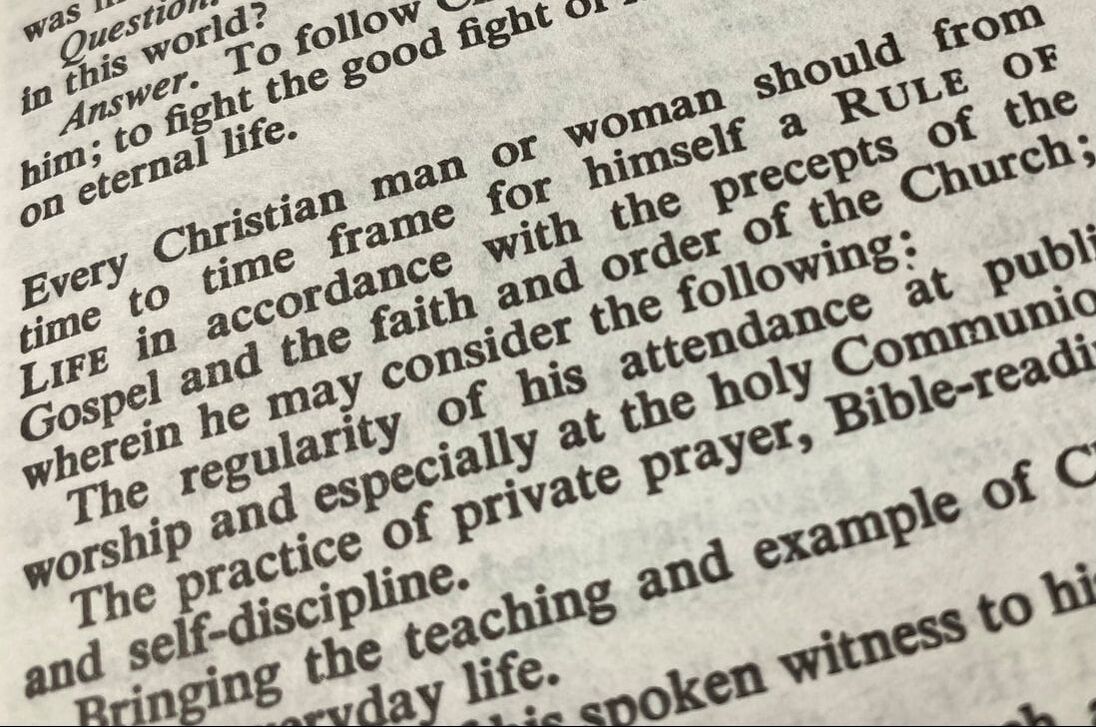
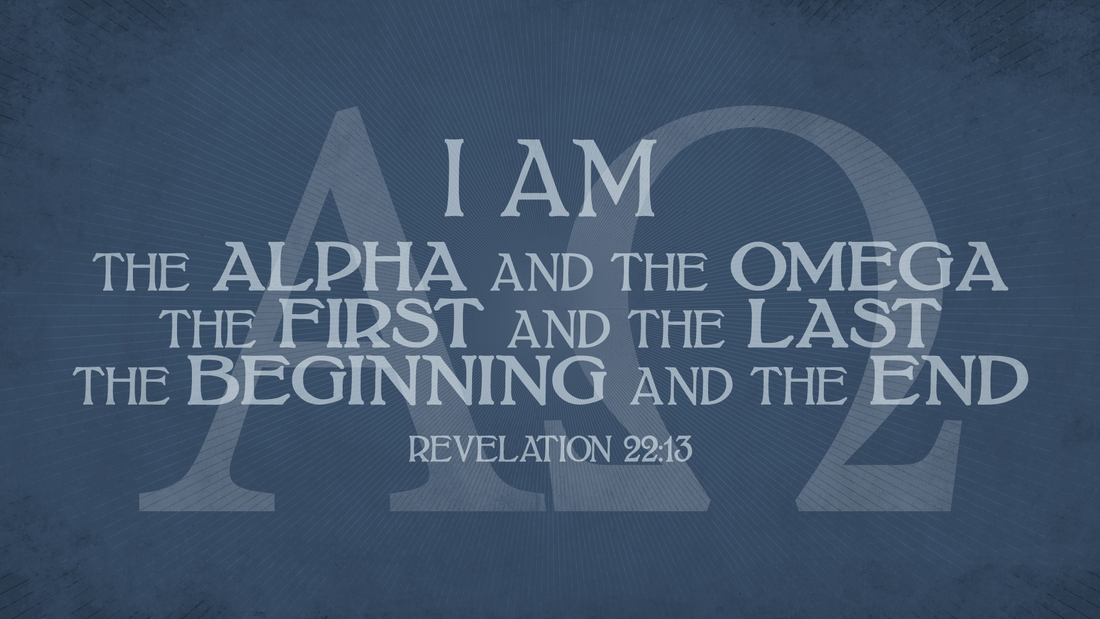
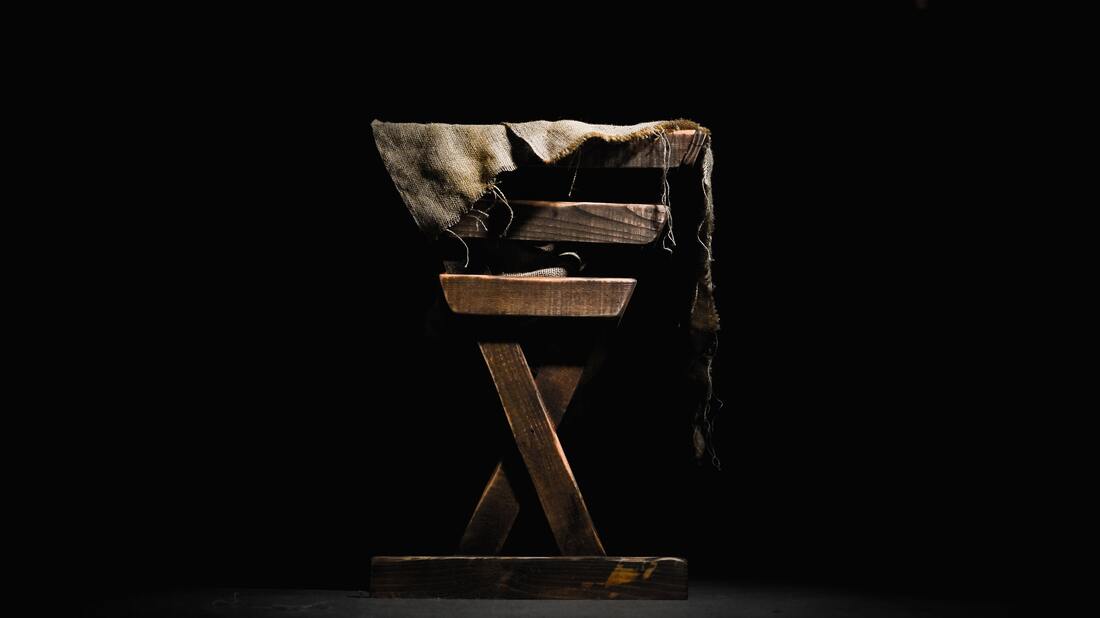
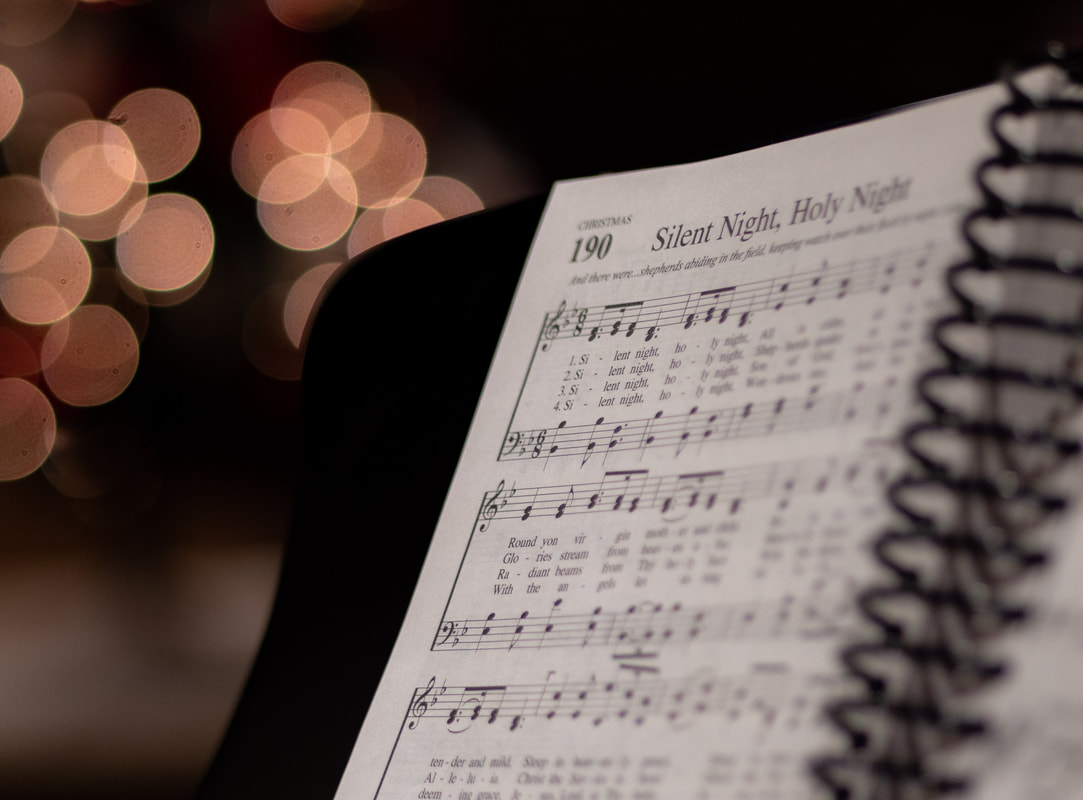
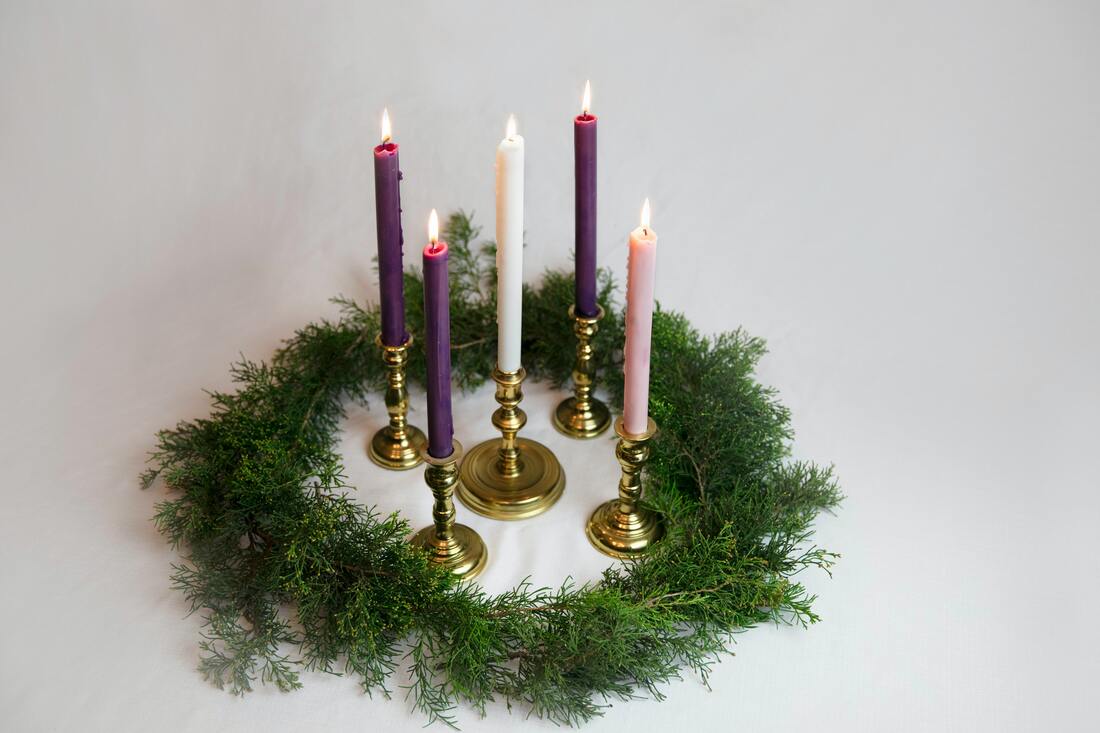
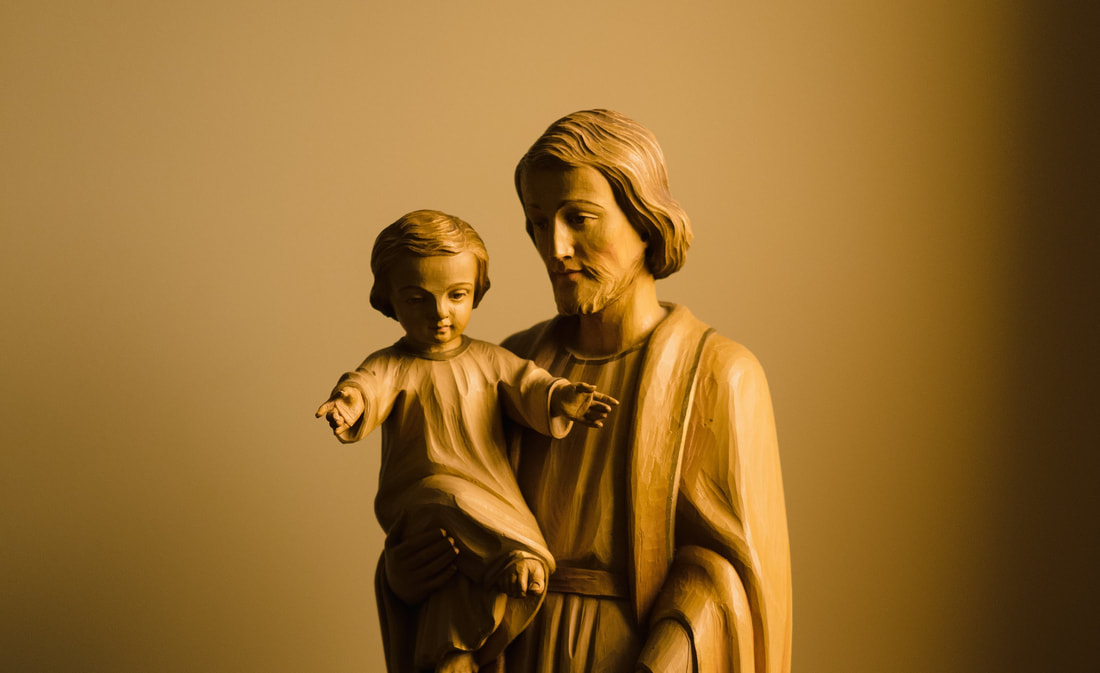
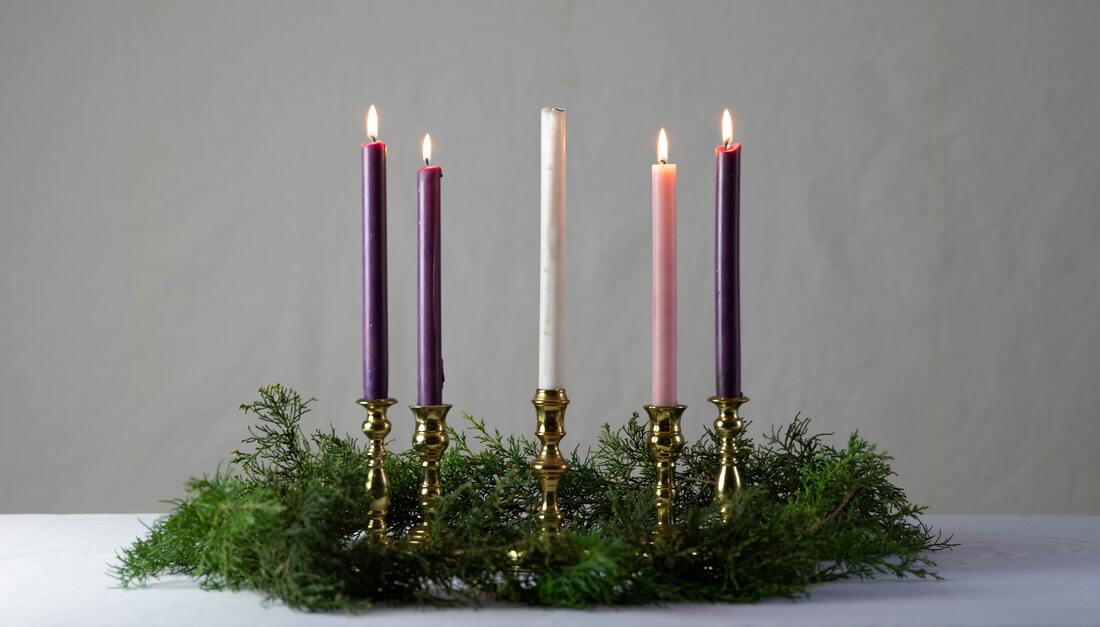
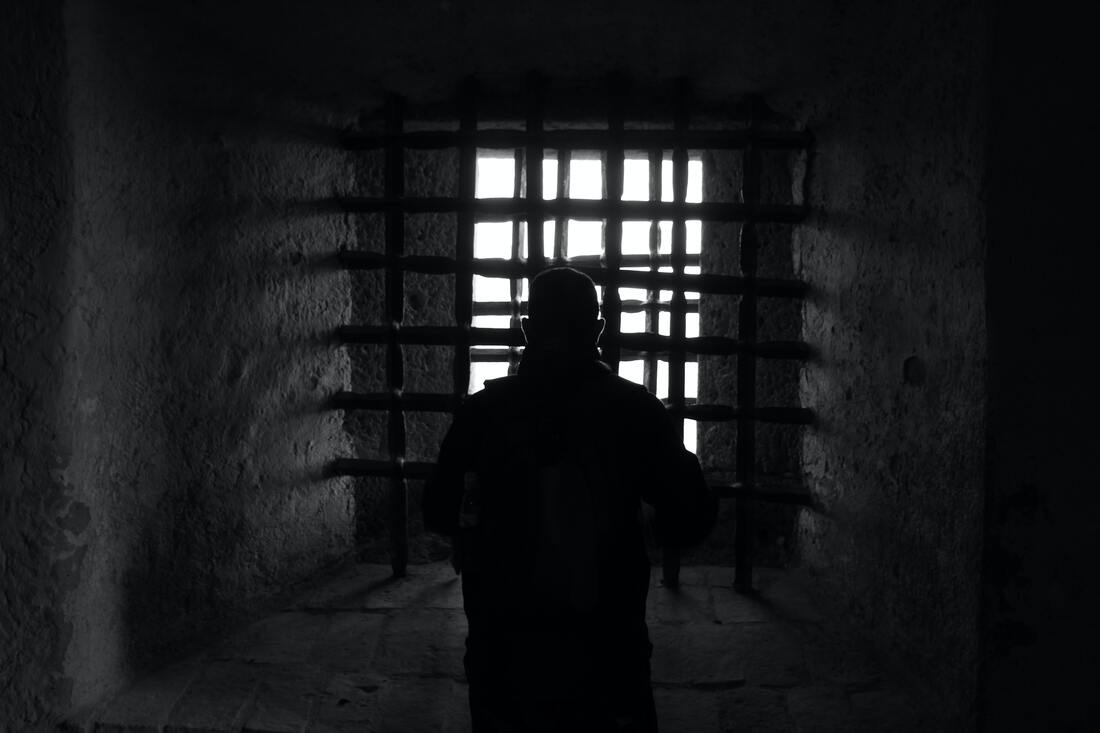
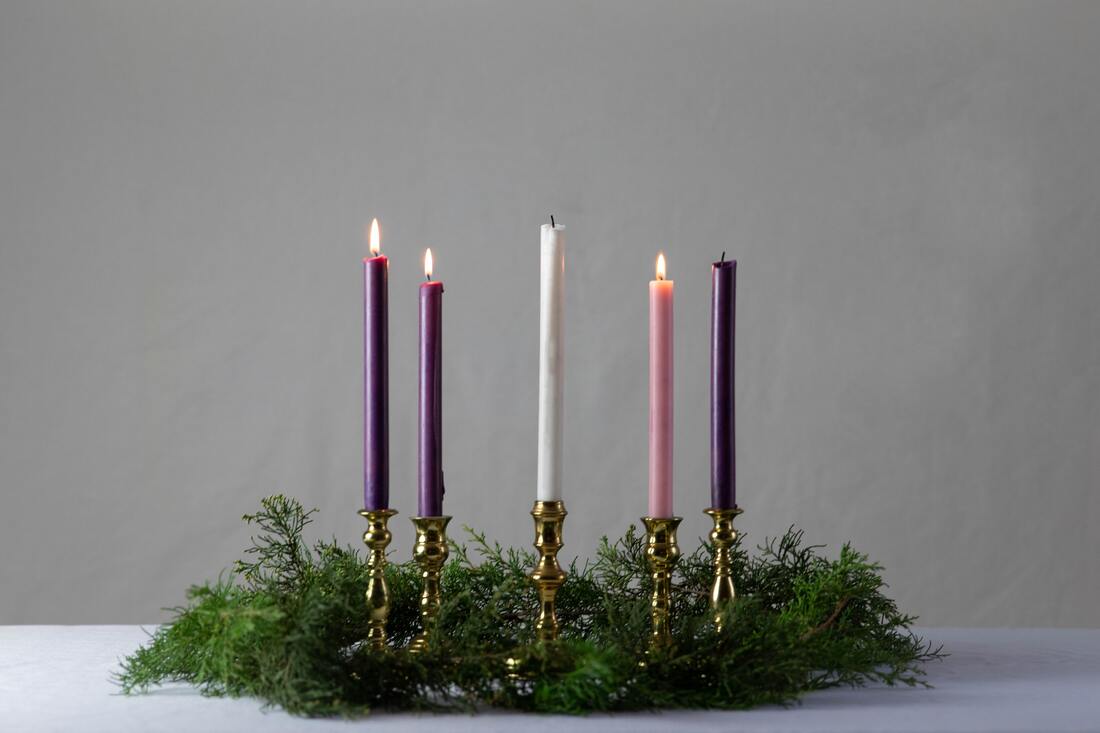
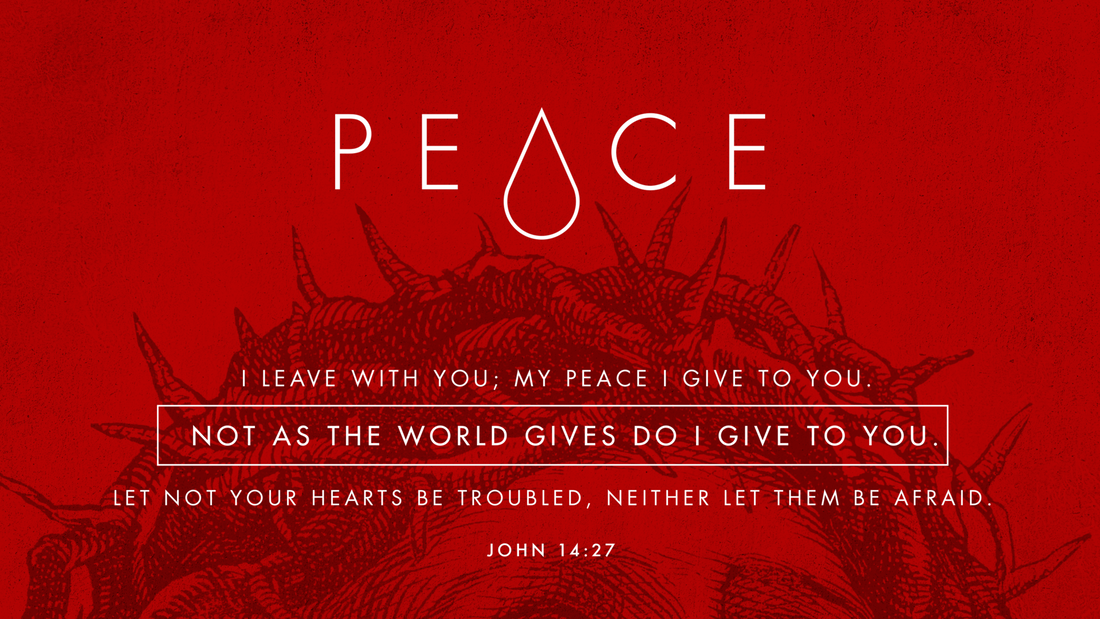
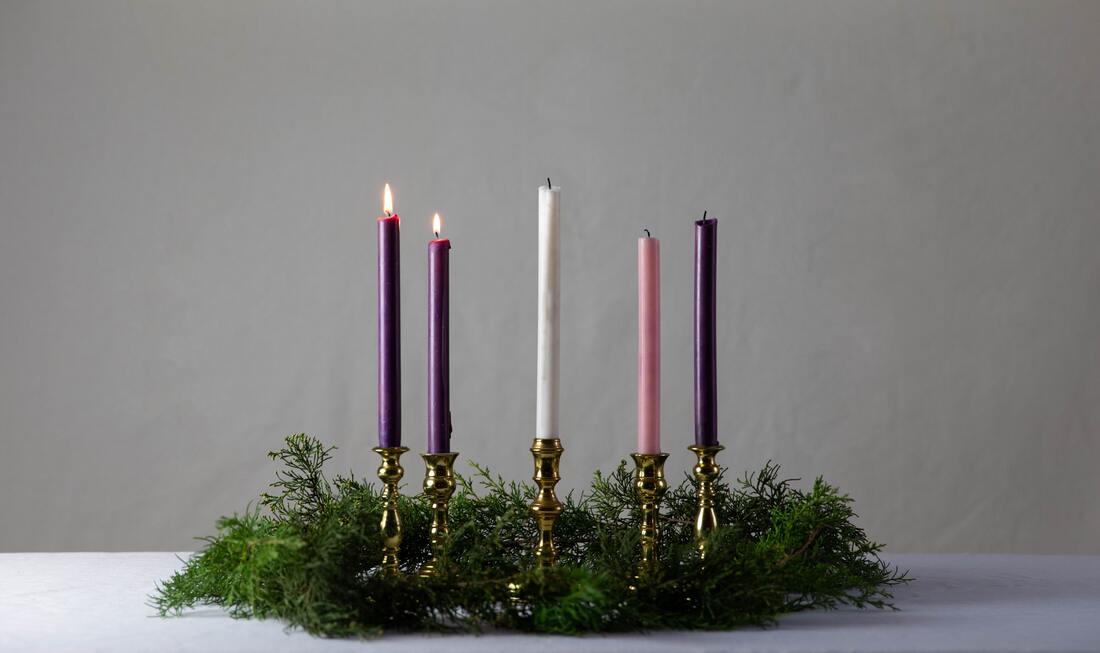
 RSS Feed
RSS Feed
